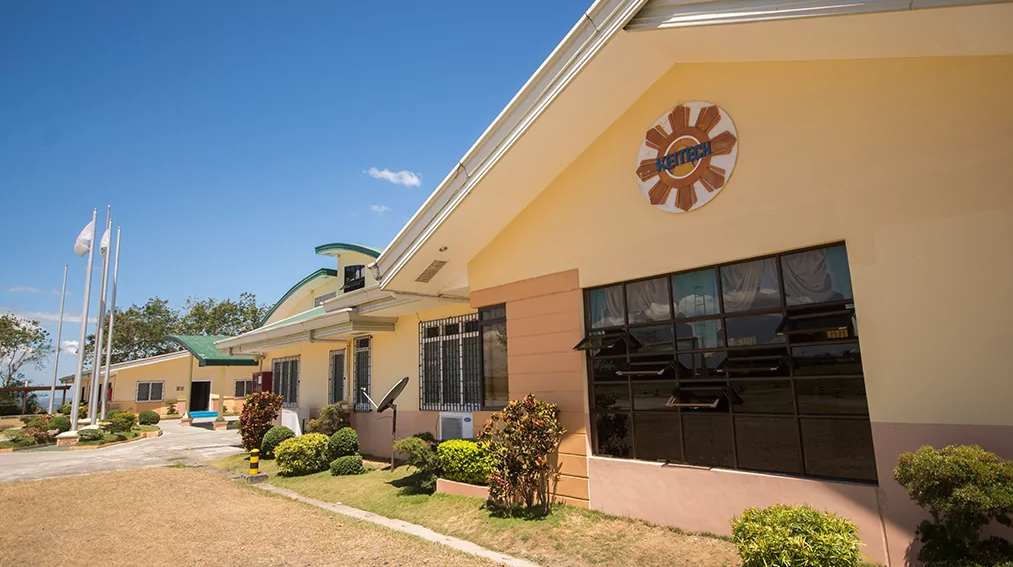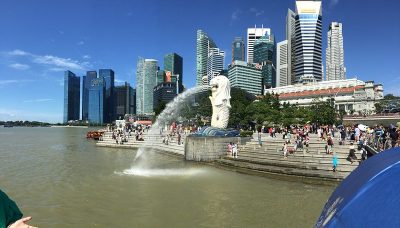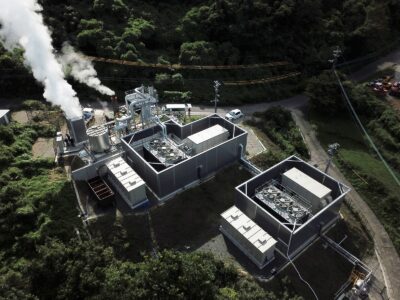How EDC fosters self-reliant host communities in Philippine geothermal sites
Through the KEITECH program, EDC engages with local host communities of their geothermal sites by providing training and education towards gainful employment.
The region of Eastern Visayas in the Philippines is home to the Tongonan Geothermal Field. Operated by the Energy Development Corporation (EDC), the geothermal facilities in this field combine for more than 720 MW of installed power generation capacity.
The municipality of Kananga in Leyte is one of the host communities of the geothermal field. With the community’s location along a typhoon-belt area, opportunities for industrialization and economic development in this region have been limited. Education is hampered by low income, thus leading to high unemployment. Many of the locals also lack the appropriate skills necessary for deployment in high-demand industries.
The KEITECH Program
In 2009, EDC launched the Kananga-EDC Institute of Technology Educational Foundation, Inc (KEITECH) as one of the company’s CSR programs. The primary goal of the program was to help high school graduates who have no means to pursue higher education to become highly skilled and be employable in the global market. The program was supported by the Municipality of Kananga and the Technical Education and Skills Development Authority (TESDA), a national agency of the Philippines.
The educational model of KEITECH was designed within the context of Philippine social realities and the specific needs of the local poverty-stricken communities. The curriculum was composed not only of technical training, but also the formation of life skills and values that will help trainees develop professionalism and the right attitude that will make them valuable in the job market.
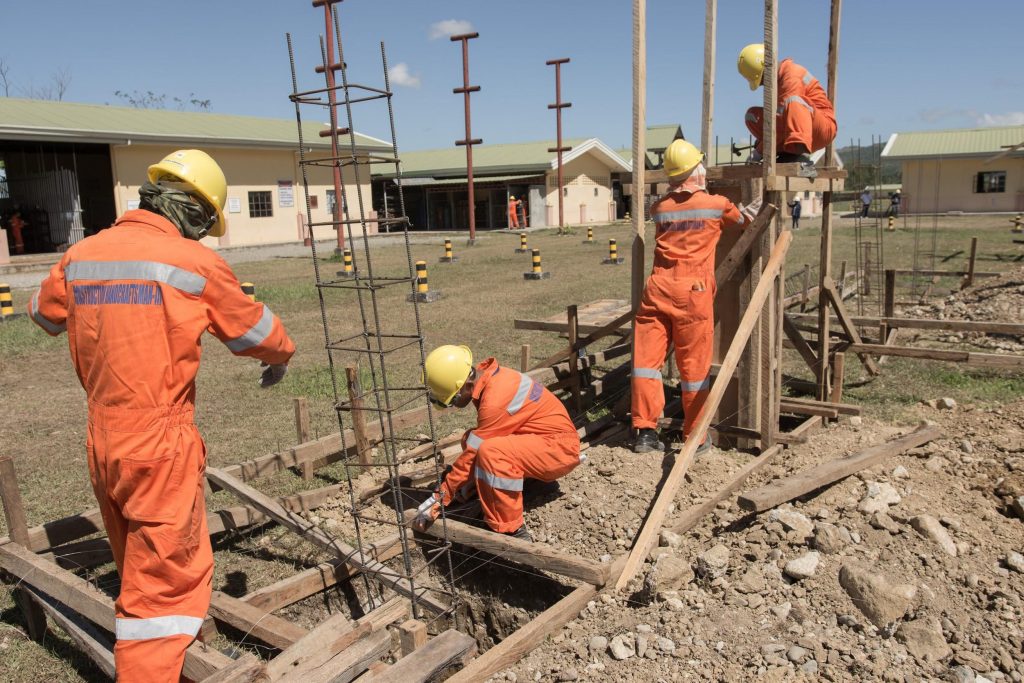
Beneficiaries of the training were of ages between 17 to 22, and most were born and raised by impoverish families. The trainees go through an intensive 10-month in-house training in KEITECH campus houses located in Barangays Rizal and Hiluctugan in Kananga.
Bridging education and employment
Ultimately, the goal of the KEITECH program is to prepare trainees for sustainable and gainful employment. The program achieved this by focusing on skills and providing on-the-job-training for relevant industries including constriction, metals and engineering, and tourism. KEITECH has existing agreements with 20 partner institutions that support the program through scholarships and opportunities for on-the-job training.
Eleven years since its foundation, KEITECH has now produced over 1,200 graduates. For the last 12 batches who have completed their in-house trainings, the employment rate of trainees averaged more than 90%. Moreover, 100% of trainees successfully passed the certification exams administered by TESDA.
Through its graduates, more than 6,000 lives and 100 communities have benefitted from the KEITECH program. This is a significant step in making EDC’s host communities self-reliant.
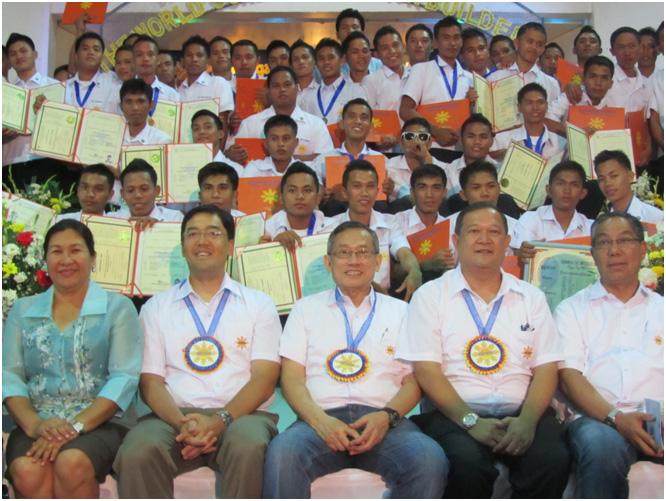
Community engagement through empowerment
As part of the CSR programs of EDC, the KEITECH program is only one of the ways in which the geothermal developer seeks to give back to host communities. Aside from providing education and training, EDC has programs on environment sustainability, social enterprises, and serving the local community needs. In 2022, EDC provided Php 12.4 million of funding to the City of Ormoc and the Municipality of Kananga as part of the company’s obligation to the host communities.
Fostering partnerships with host communities through empowerment also benefits EDC as a company by ensuring business continuity and ensuring minimal to zero community intervention. Ultimately, fostering a regenerative society is consistent with EDC’s corporate identity as a sustainability model and a pioneer of decarbonization and regeneration in the Philippines.
Source: Email correspondence
